BoJ Governor Haruhiko Kuroda said today, at the annual meeting of Keidanren, “while continuing to carefully examine various risks, the BOJ will not hesitate to take additional easing measures if there is a greater possibility that the momentum toward achieving the price stability target will be lost.”
He acknowledged that “uncertainties over the global economy, including developments in U.S.-China trade negotiations, have eased somewhat. But he also warned, “the BOJ considers that downside risks regarding the outlook for the global economy remain significant.”

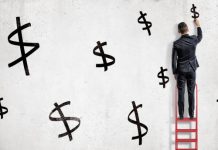



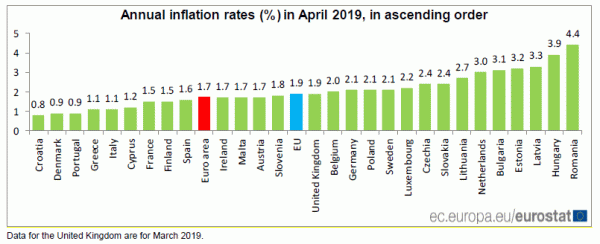
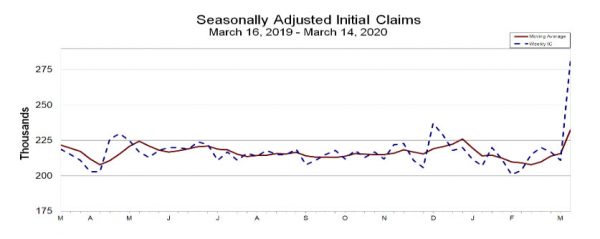
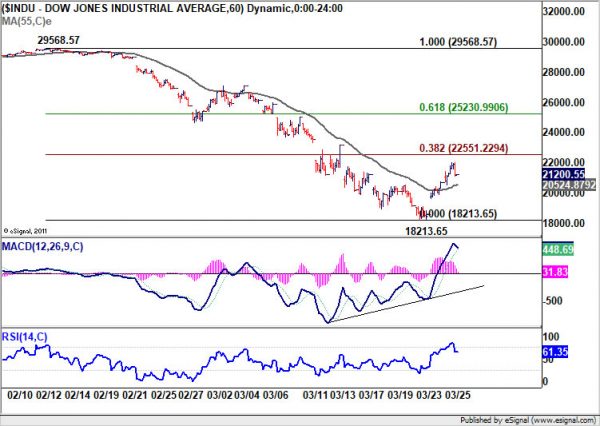
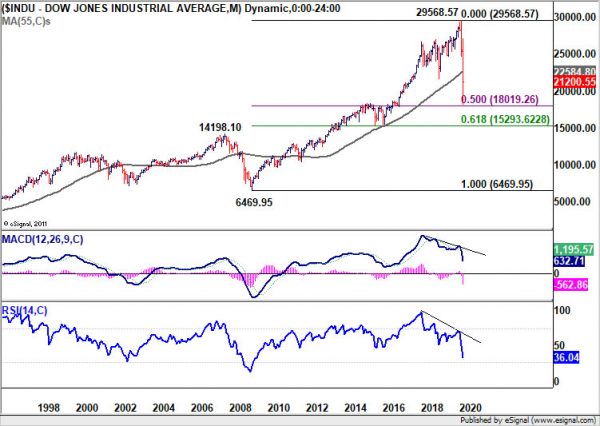
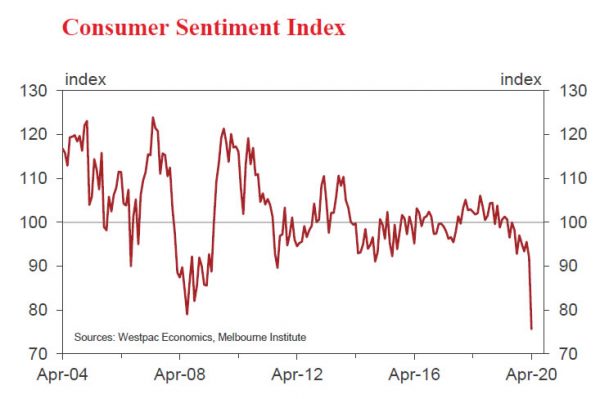
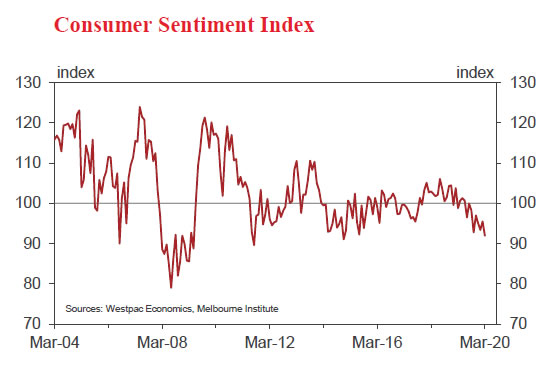
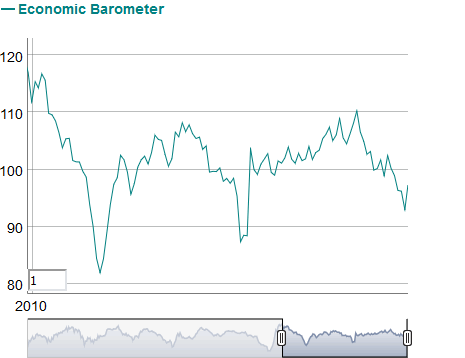
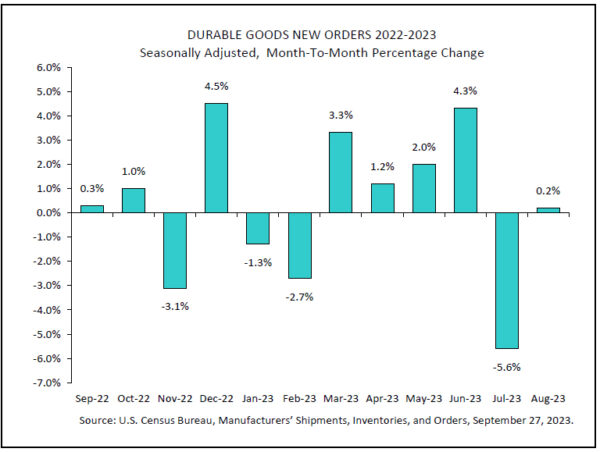
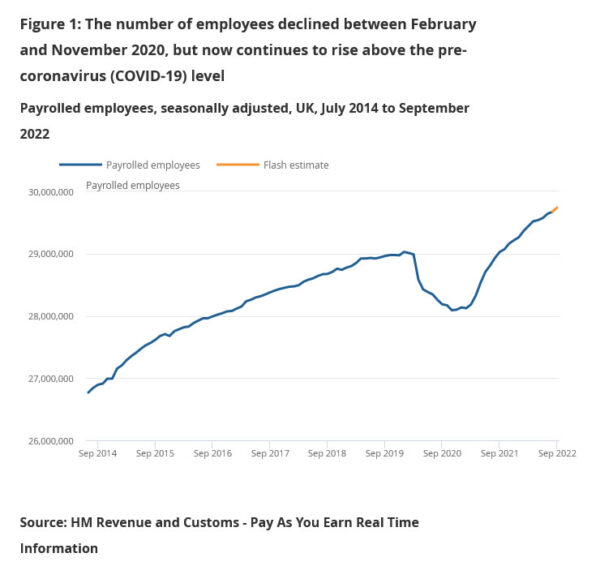
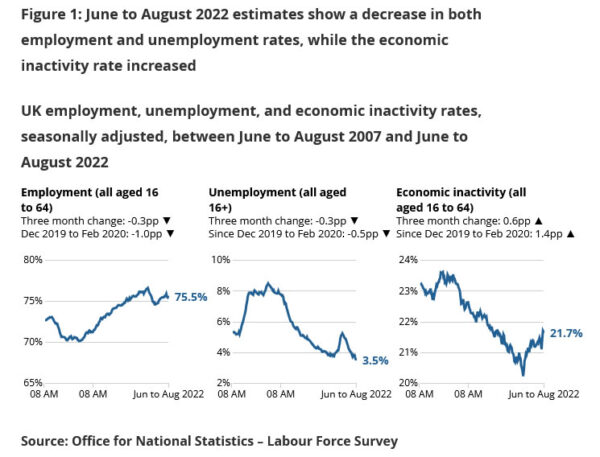
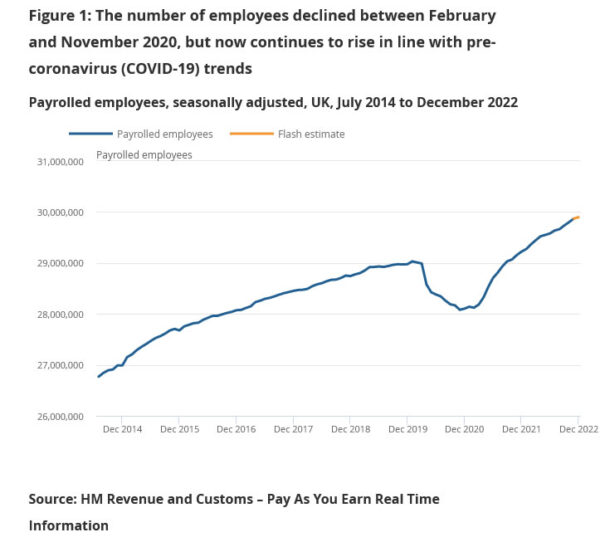
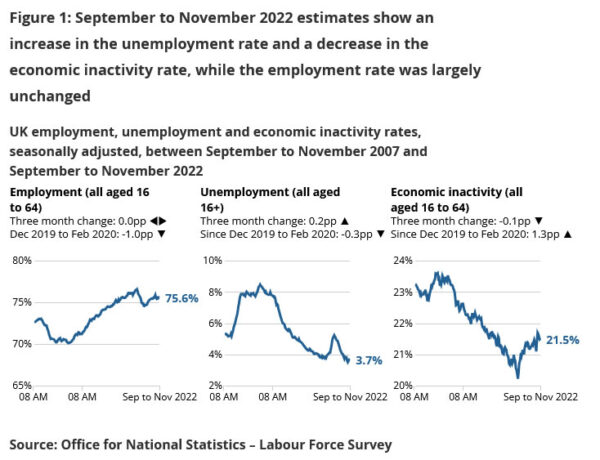

SNB Jordan: Negative interest rates and intervention still necessary
SNB Chairman Thomas Jordan maintained today that negative interest rates are necessary for the Swiss economy. The board is aware of the side effects, and “that is the reason why we changed the threshold”, referring to raising the deposit limit before the charging -0.75% interest. He added, “that gives us the freedom to maintain negative rates for longer and also to cut the rate if necessary.”
Jordan also reiterated that the Franc is still “highly valued” and interventions are also necessary. But he emphasized that “we don’t manipulate Swiss Franc exchange rate… never intend to weaken the franc for any advantage”.
Yesterday, SNB Governing Board Member Andrea Maechler said there is no change in the monetary policy after US Treasury put Switzerland back into currency manipulator watchlist. She added, “we are doing monetary policy for Switzerland.”